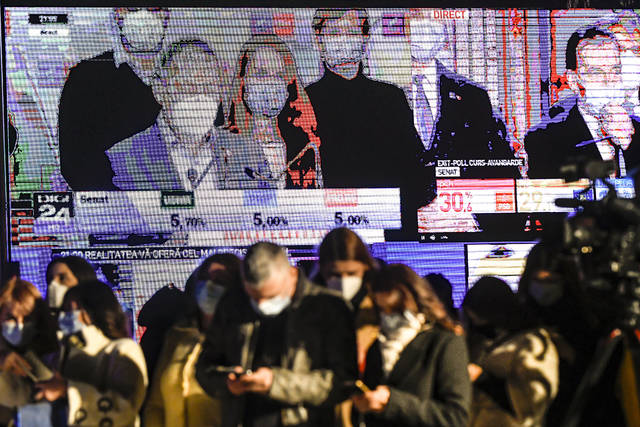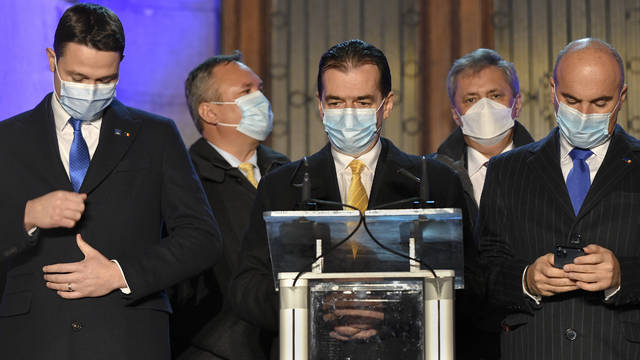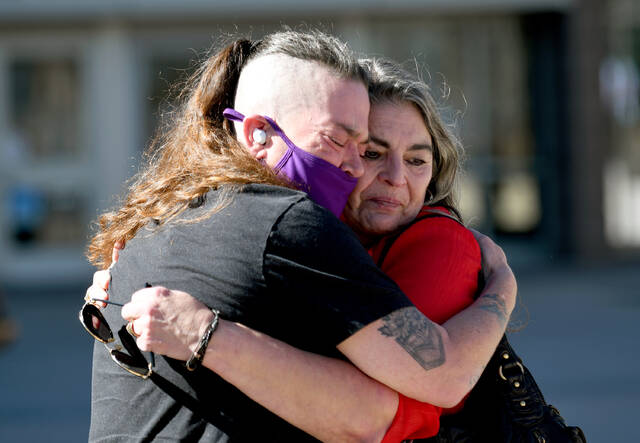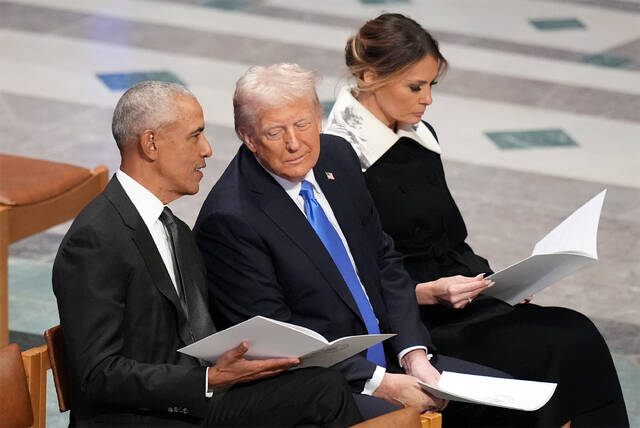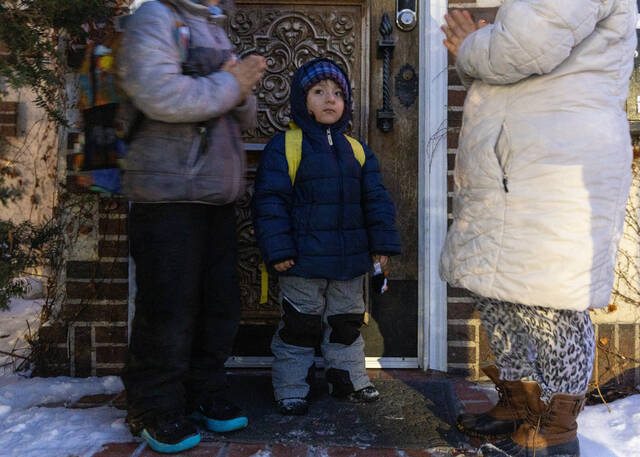BUCHAREST, Romania — Romania’s opposition Social Democrats have taken a surprise lead over the governing National Liberals after a parliamentary election but appear less likely to emerge on top in what promises to be prolonged post-election wrangling to form a new coalition government.
With 95% of ballots counted Monday, the populist, corruption-prone and fiscally reckless Social Democrat Party (PSD) had around 30% of the vote, with the reformist center-right National Liberal Party trailing them by about 5%. The progressive USR-Plus alliance, which has pledged not to be part of any Social Democrat-led government, won about 15% of the vote.
Only two other parties crossed the 5% threshold to enter Parliament: the far-right AUR alliance, whose vocal opposition to coronavirus restrictions resonated with close to 9% of voters, and the UDMR party that represents the country’s Hungarian minority, which won around 6%.
The National Liberal leader, Prime Minister Ludovic Orban, said Monday that coalition talks with the Social Democrats were out of the question but did not provide a clear explanation for how his party hoped to reach a new governing majority in the 465-seat bicameral parliament.
“I want to be very clear, we will never negotiate with the PSD, we will not let the PSD harm Romania,” Orban said.
The AUR alliance was established just a year ago under the leadership that militates against same-sex marriages and was supportive of Orthodox Church clerics who defied pandemic restrictions in Romania to hold religious ceremonies. But it did surprisingly well among Romania’s expats, having taken the lead in Italy and coming in second in Spain and France.
Some 4 million Romanians who live abroad, mostly in Western Europe, have traditionally voted for reform-oriented parties that seek to ally the county with the European Union mainstream, but the pandemic has apparently upended traditional allegiances.
The National Liberals have controlled Romania’s minority government since October 2019 when the Social Democrats lost a confidence vote in the parliament after a chaotic tenure that had seen it run through three prime ministers and dozens of ministers in the space of just three years. The Social Democratic-led government had drawn heavy criticism from the EU for its interference with the judiciary and a cascade of corruption scandals involving prominent members.
But it defied pre-election polls to become the nominal winner of Sunday’s vote with unfeasible promises to preserve Romania’s welfare state model and after the minority National Liberals government faced strong criticism for its handling of the pandemic.
Romania was plagued by widespread poverty even before the pandemic, with over 25% of the population of 19 million living on less than $5.50 a day. The pandemic has exacerbated structural problems, including the near-collapse of the public health care system.
As a result of the pandemic and virus-related restrictions, Romania’s fiscal deficit is expected to widen this year to around 9% of gross domestic product, compared with 4.3% in 2019. The coronavirus continues to spread in Romania, with almost two-thirds of over a half-million infections and nearly a half of the country’s over 12,300 virus-related deaths registered in the past two months alone.
Only 33% of potential Romanian voters went to the polls Sunday, compared with nearly 39.5 percent in 2016. Observers blamed the historically low turnout on voters’ fears of infection, but also on general disillusionment with Romania’s political class.


